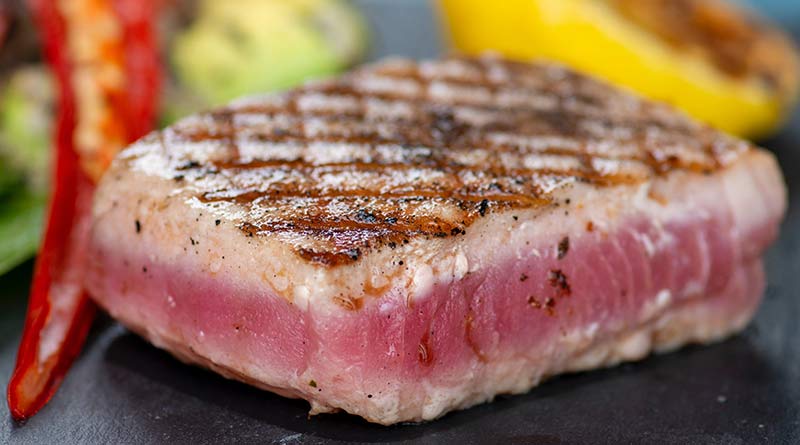Meat & Life Expectancy

Executive summary
* A paper has been published, which examined meat intake and life expectancy at a global level. It used data for 175 populations, which covered approximately 90% of the world’s population.
* The paper reviewed the relationship between meat intake and life expectancy using scatter plots, correlations and regression analysis. Major confounders (such as country calorie intake or Gross Domestic Product (GDP) purchasing power) were taken into account.
* The top-level finding was that life expectancy increases as meat consumption increases and child deaths are lower when meat intake is higher.
* Several sub-group analyses were undertaken. The positive relationship between meat intake and life expectancy also held in virtually all sub-groups analysed.
* The authors explained the findings i) by reviewing the nutritional role of meat and ii) by critiquing studies that have claimed that vegetarian diets are superior.
* The authors were honest about the limitations of their work and modest in the strengths. The main limitation was that the healthy person/healthy population remains difficult to adjust for. But the findings at least made sense, whereas findings that such a nutritious food group is associated with shorter life spans don’t make sense.
The rest of this article is available to site subscribers, who get access to all articles plus a weekly newsletter.
To continue reading, please login below or sign up for a subscription. Thank you.




